Posts
-
How to use Gemini API (Next.js Tutorial)
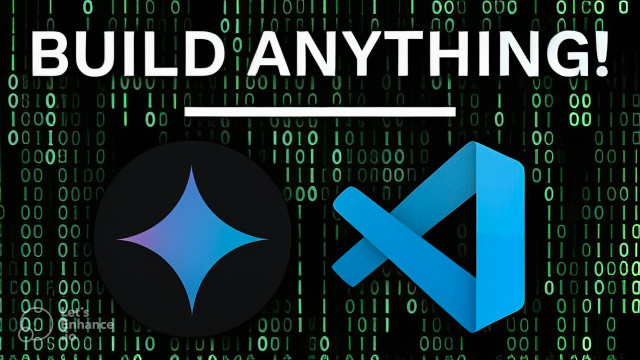
In my previous post, we built a UI generator from scratch using Next.js and the Gemini API. This post is a quick guide on how to use the Gemini API in any of your Next.js apps, in general.
-
Build an AI UI Generator with Gemini API, Next.js (Tutorial)
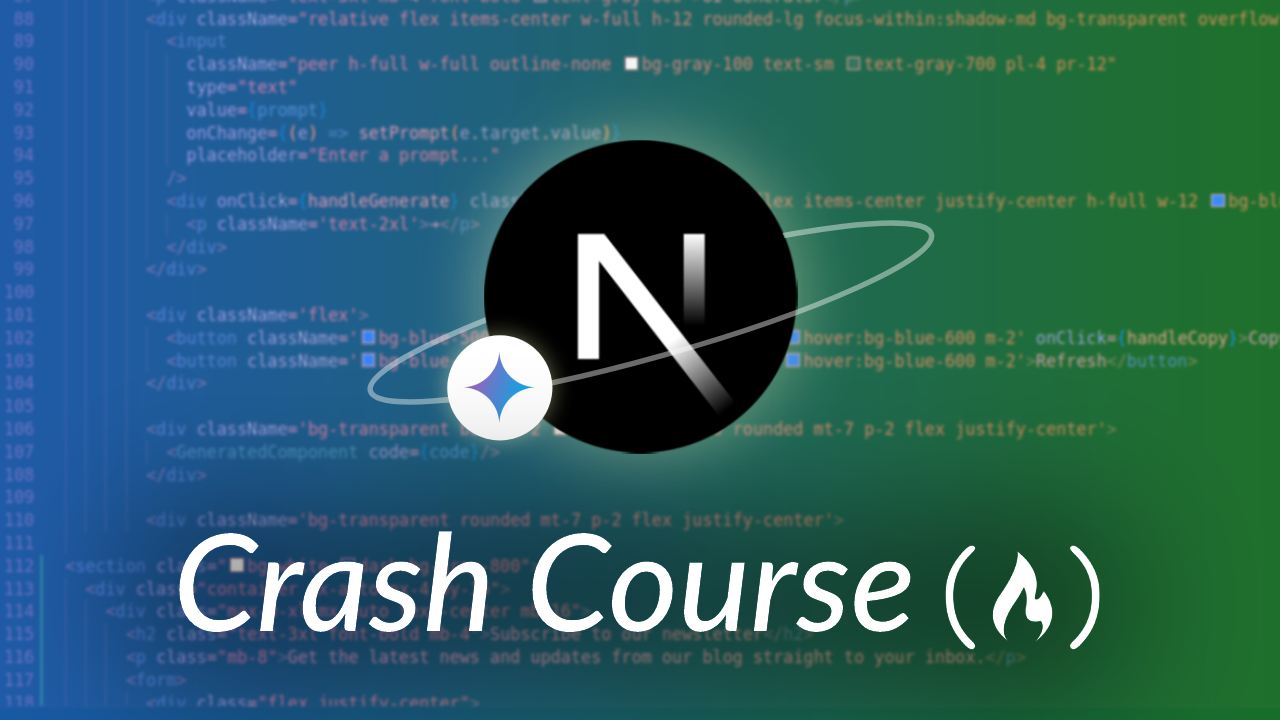
In this tutorial, we will build an AI UI Generator using Next.js and the Gemini API. It is similar to v.0 by Vercel which allows you to generate UI with a simple prompt and use it in your web apps.
-
The Practical Guide to Kubernetes ☸️ for Beginners (DevOps Essentials #2)
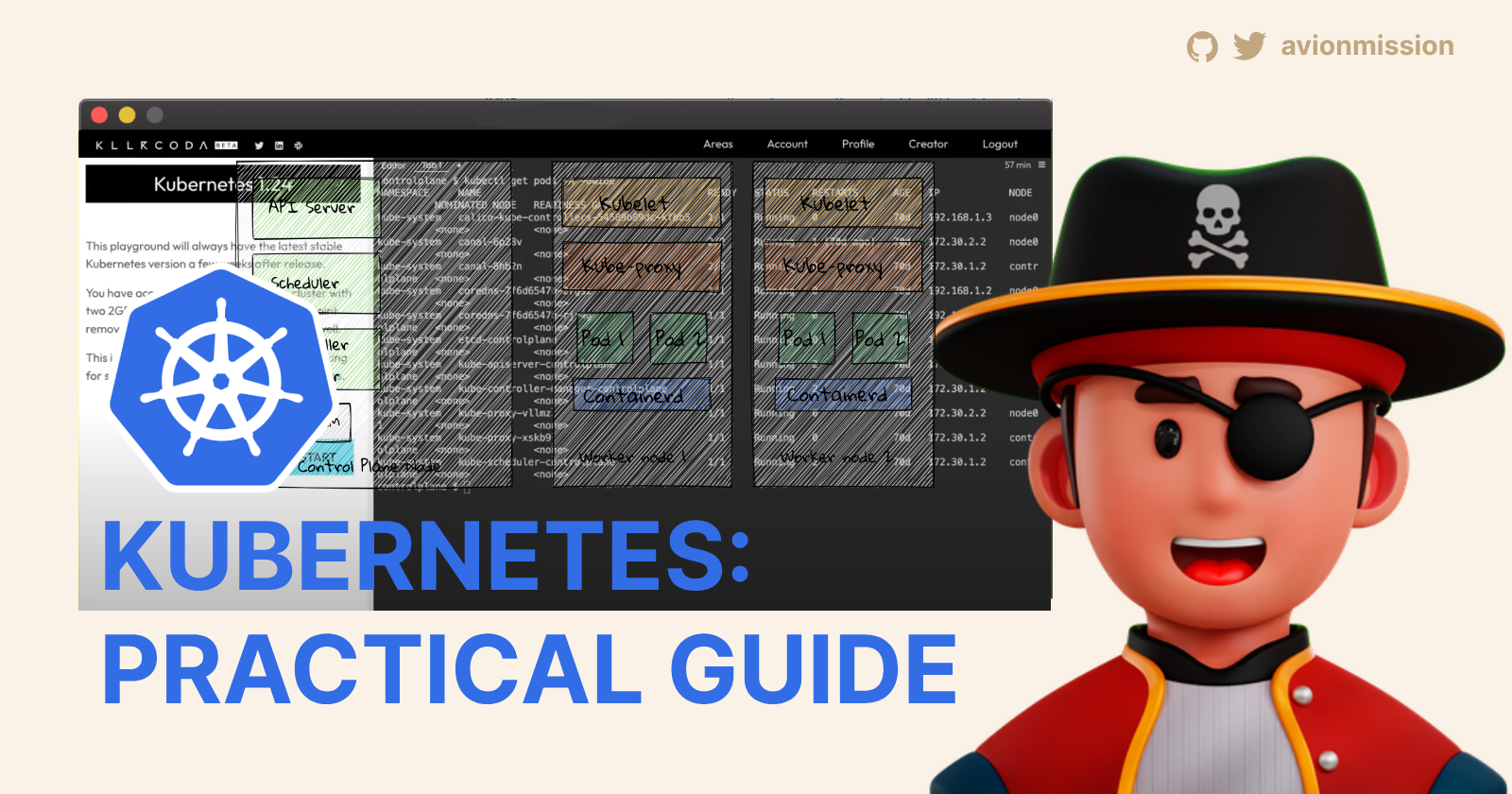
Welcome to the second chapter of the series DevOps Essentials, where we will take a practical hands-on approach to learning Kubernetes. I will also explain the architecture of Kubernetes and important concepts like Pods, Clusters, Nodes, and useful tools like Minikube and Killercoda.
-
How to use Python code in your React App (React + Flask Tutorial)
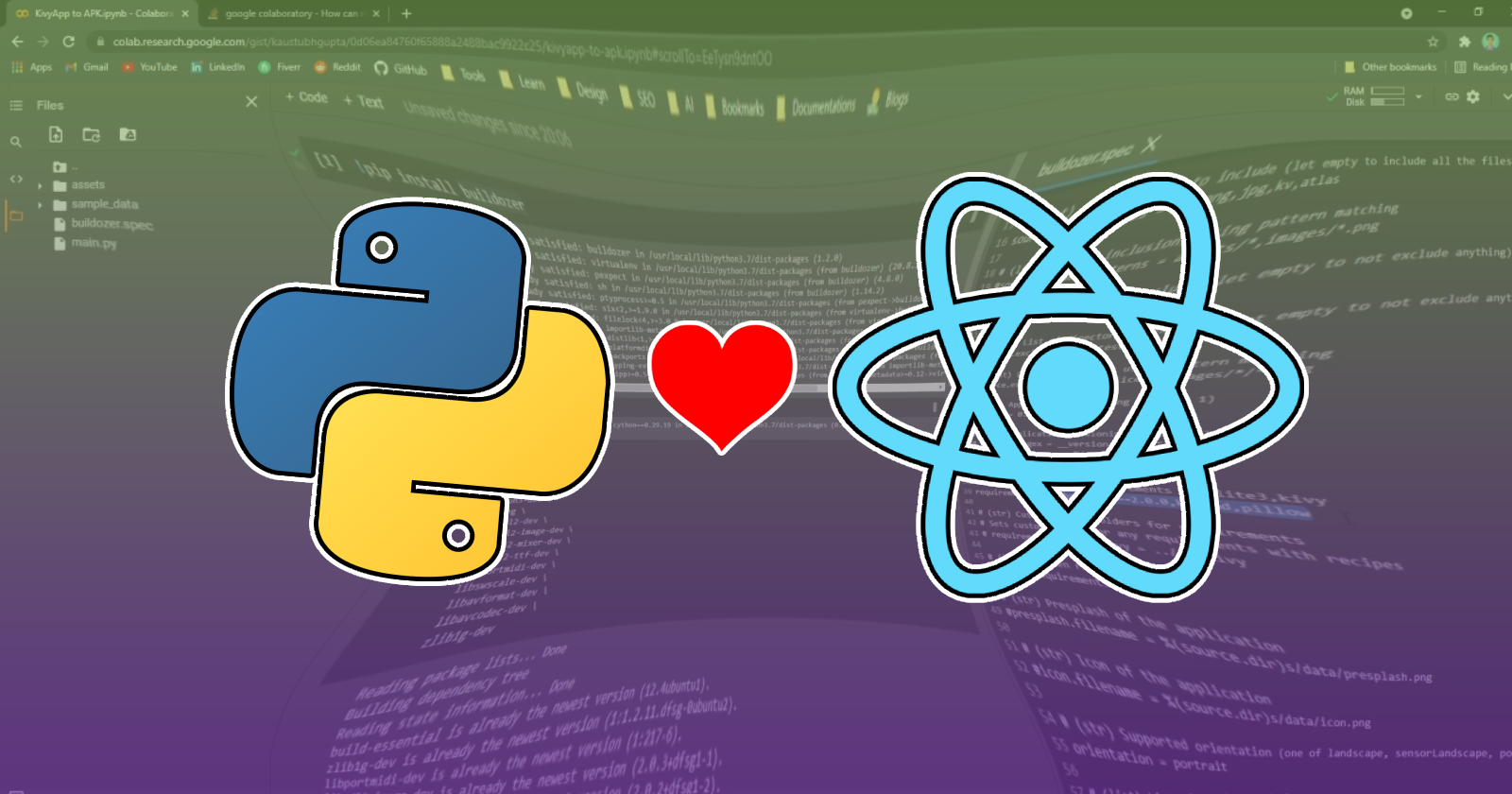
Are you a Python developer transitioning into web development and missing the vast array of powerful Python libraries? If so, fear not, for there is a solution! By using a Flask backend for your React application, you can seamlessly execute Python code on the server side and harness its functionality within your web app.
-
Beginners Guide to Docker 🐋 (DevOps Essentials #1)
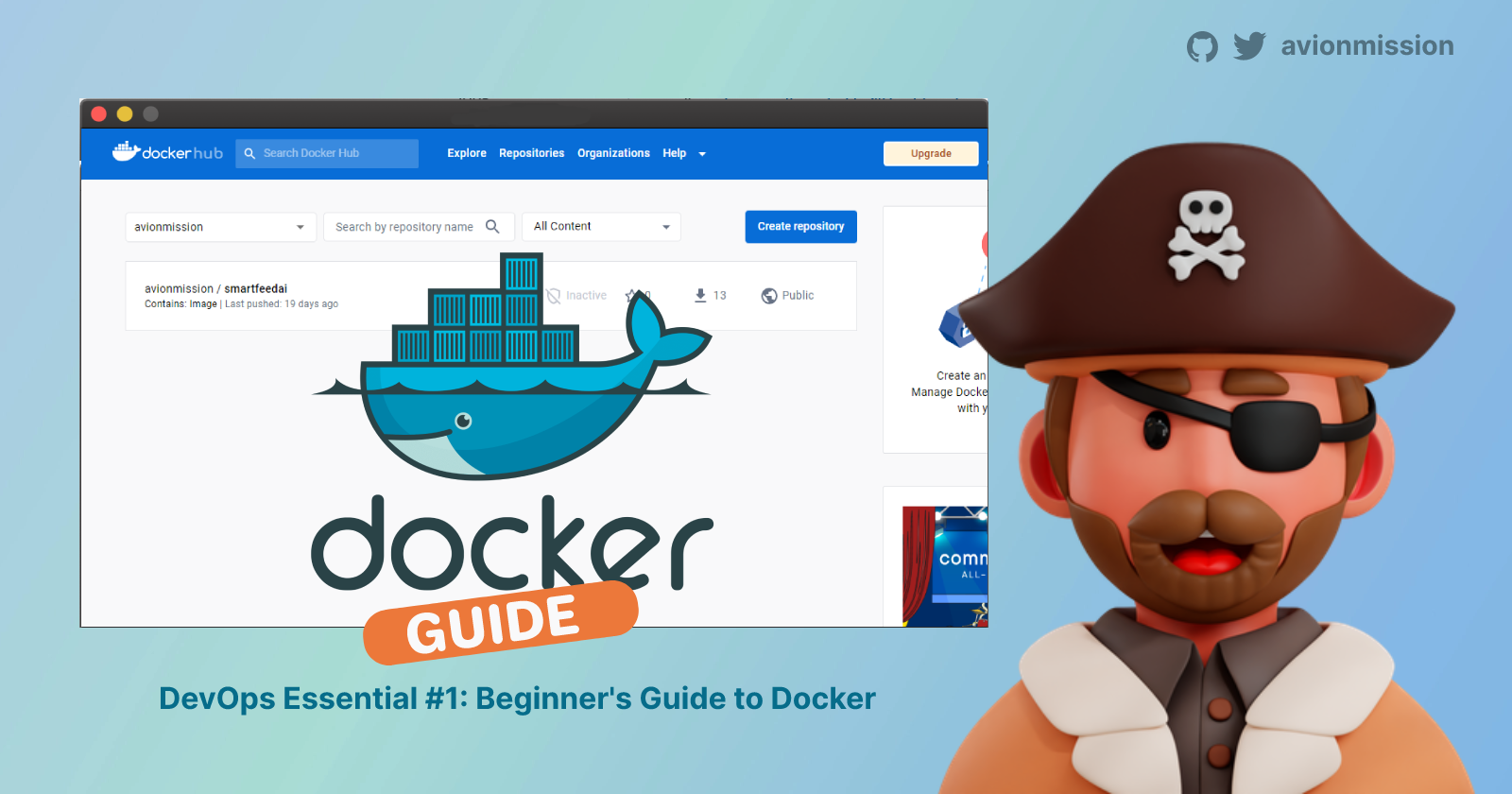
Welcome to the first chapter of the series DevOps Essentials, where we will be exploring the fundamentals of Docker.
-
Mastering Navigation Menus in React Native: 3 Types You Must Know [With Examples]
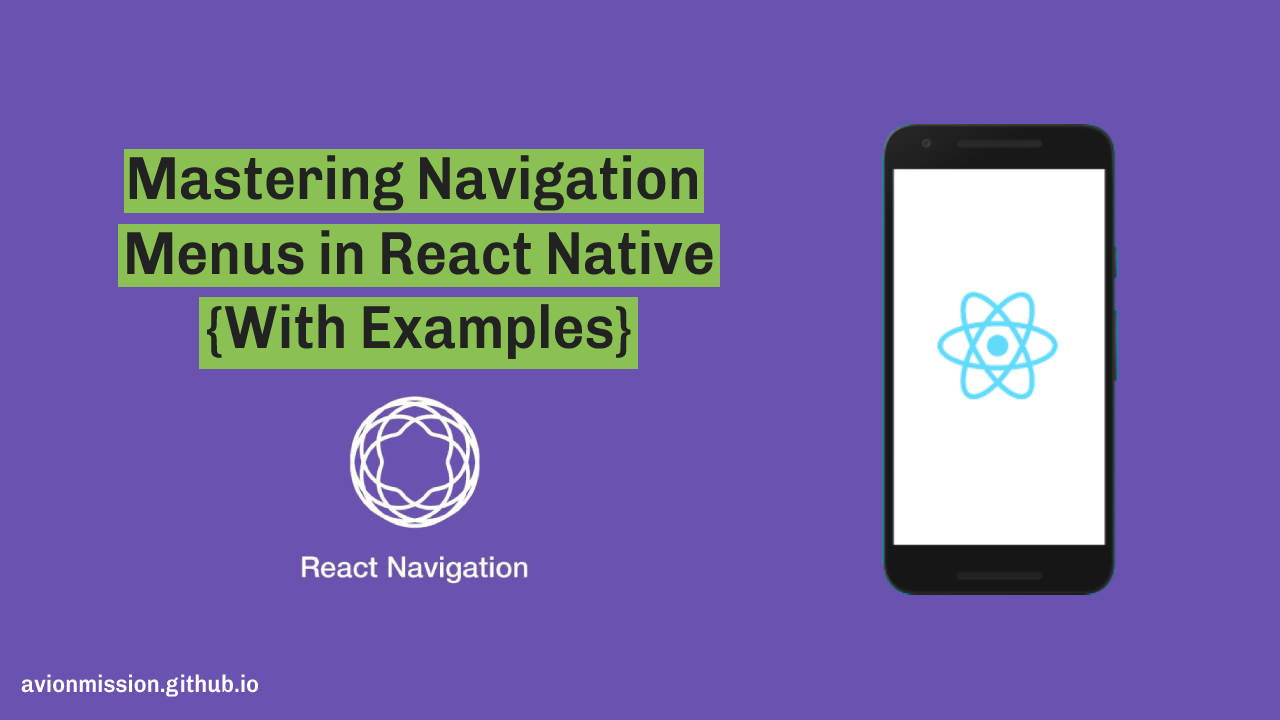
Designing a mobile app navigation menu can make a big impact on the user experience. A clear and intuitive navigation menu can help users easily find the information and features they need, while a confusing or cluttered menu can lead to frustration and user drop-off.
-
RecyclerView Explained Step-by-Step: Android Development 101
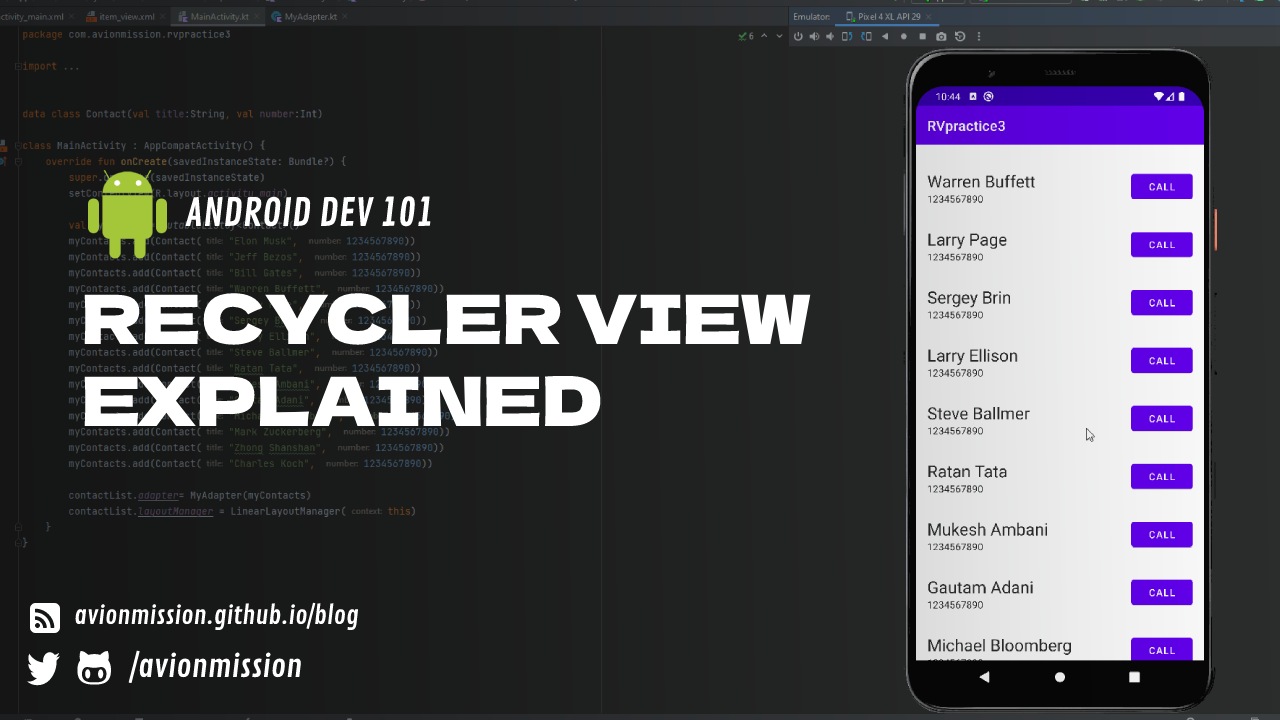
In this tutorial series, we will learn about all the essential and fundamental tools and concepts that you should know as an android developer. Today’s topic is RecyclerView.
-
Notes on Android Dev - Lecture 2 - Intro to Kotlin
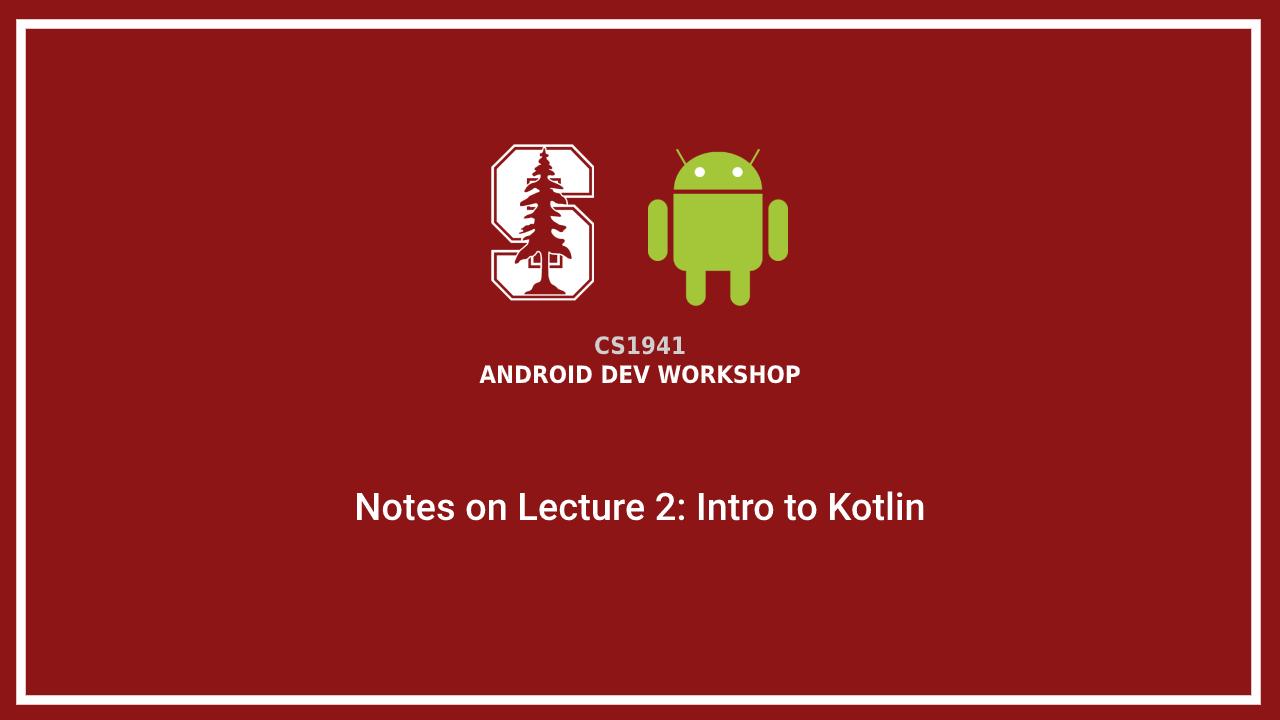
These are my notes on Lecture 2 of CS194A by Rahul Pandey about the fundamental features of Kotlin language including Immutability, Type Inference and Nullability.
-
Golang Crash Course (The language of DevOps and Cloud)

All the popular open-source DevOps tools are written in Go including Kubernetes, Prometheus, Grafana, Terraform, Vault, Hugo, CockroachDB, etc. In this post, I will explain the fundamentals of Golang. Which is not just print statements and if statements and for loops, we will go over that stuff quickly and then we will get to the real meat of Golang: Concurrency, goroutines and channels which I will try to explain to you in the simplest possible way. Let’s begin.
-
Notes on Android Dev - Lecture 1 - Why/What/How Android
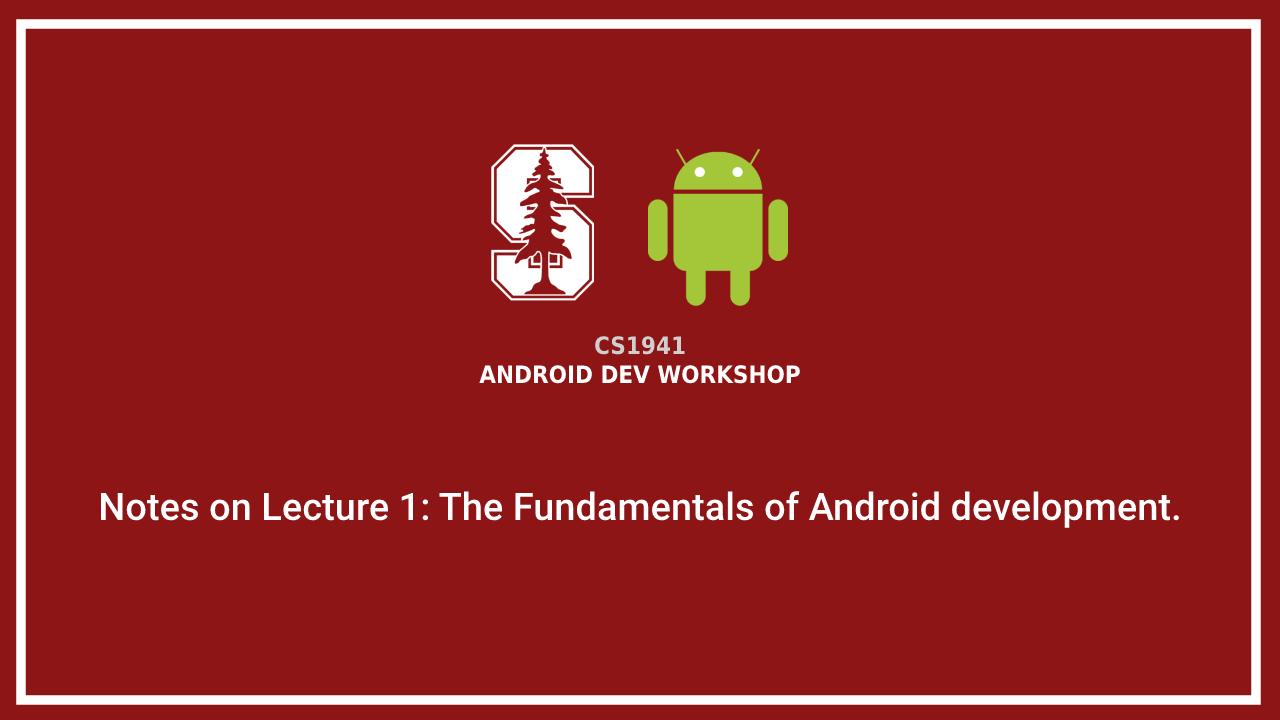
These are my notes on Lecture 1 of CS194A about the fundamentals of Android development taught by Rahul Pandey.
-
KivyMD Tutorial for Beginners: Create an Instagram Clone in Python!
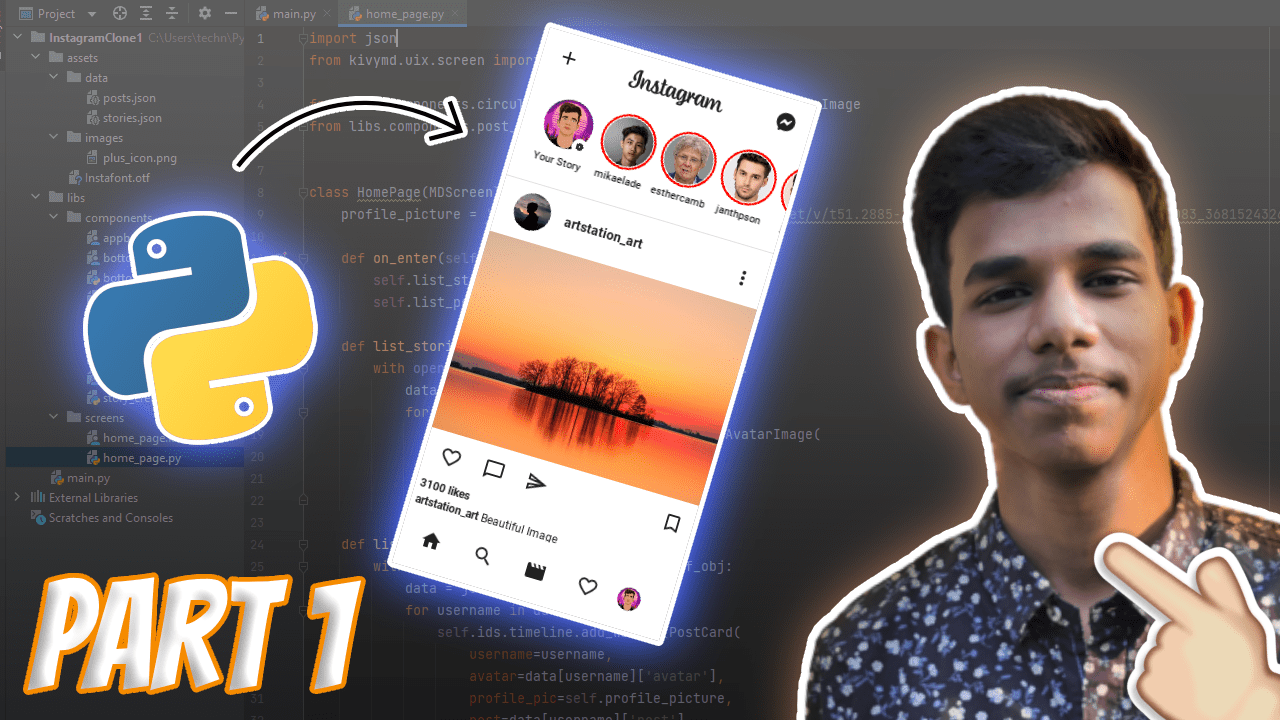 In this tutorial series you will build an Instagram clone using Python. We will learn kivy and kivymd libraries along the way.
In this tutorial series you will build an Instagram clone using Python. We will learn kivy and kivymd libraries along the way. -
Algorithms Crash Course #2: Arrays, Binary Search, and Simple Search in Python
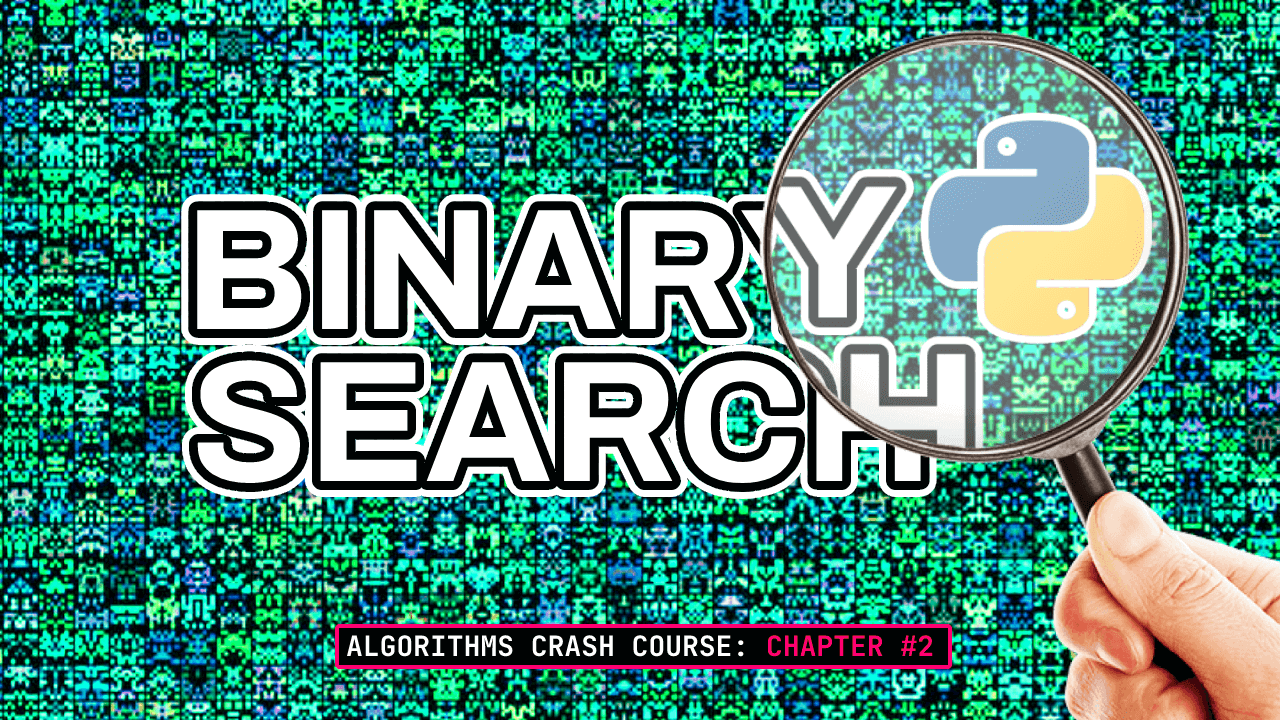
RECAP: In the last chapter we learned how we evaluate and compare the efficiency of algorithms and represent that efficiency using something called the Big-O notation. Here are some graphs of some common runtimes and their efficiency in Big-O notation.
-
Algorithms Crash Course #1: Time Complexity & Big-O Notation Simply Explained
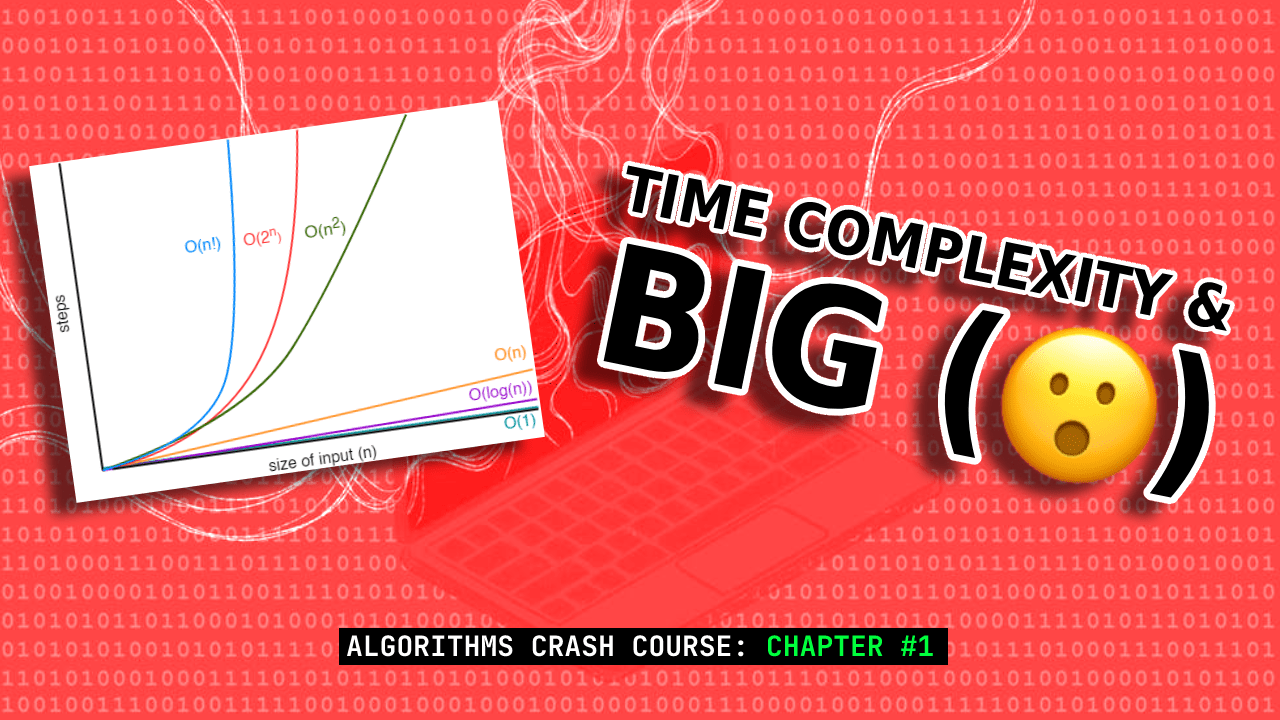
Welcome to the first chapter of Crash Course Algorithms. Today we will learn about Time complexity and Big-O notation.
-
How to Convert Python Code into an Android .apk [that doesn't crash!] | Kivymd, Buildozer Tutorial
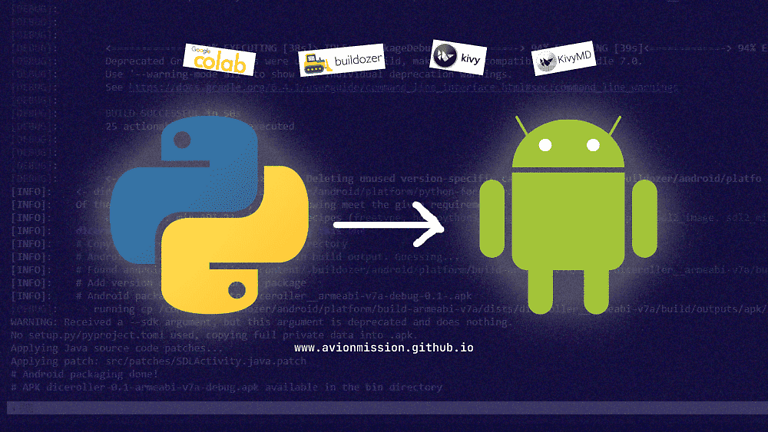
You created an android app with python using Kivy or Kivymd, but it is still in .py format. How do you convert it into an installable .apk file that dose’nt crash for reasons you can’t figure out and do it as quickly as possible? Don’t worry, I got you covered. Read on.
-
Ultimate Syntax CheatSheet for Kotlin, Python, Java and C++
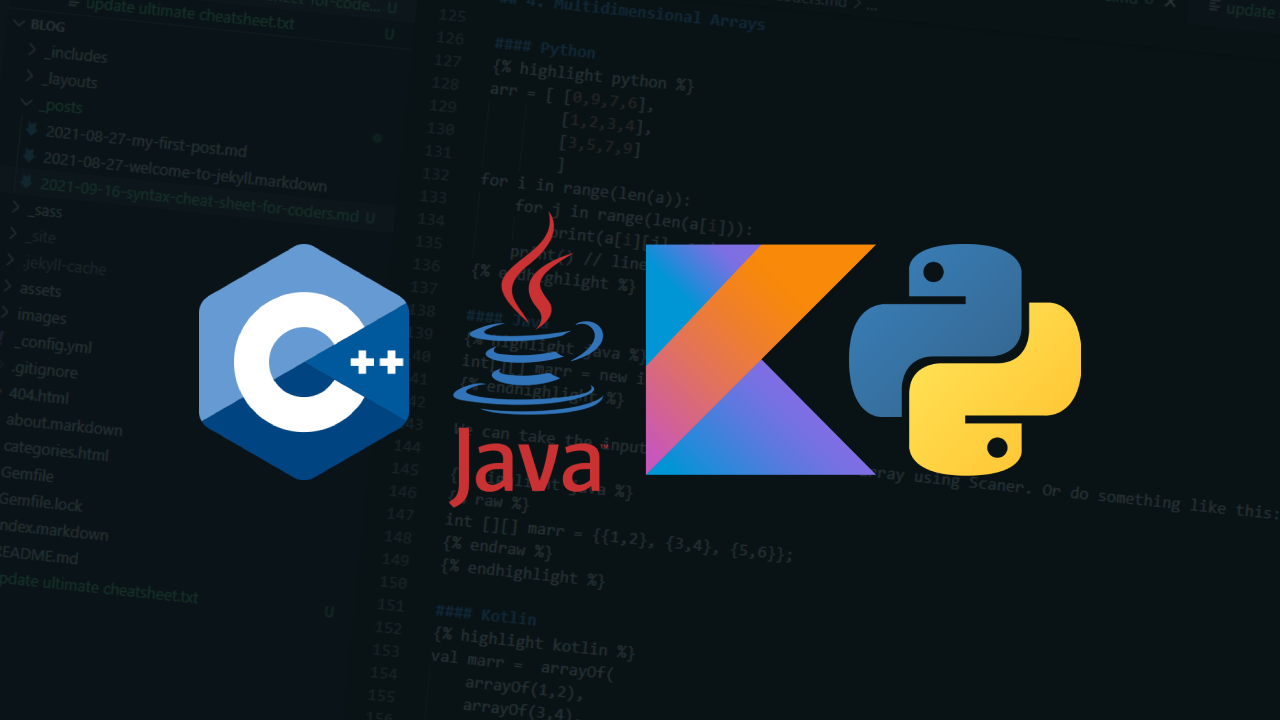
Disclaimer: This is a work in progress. But it is being updated regularly.
subscribe via RSS
